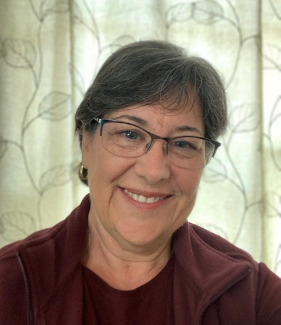Mentoring Micro-Credentials Program
Advance Your Mentoring Practice. Strengthen Your Program Leadership.
The Mentoring Institute proudly presents the Mentoring Micro-Credentials Program—a dynamic professional development series crafted to advance mentoring expertise and strengthen program leadership across academic and professional sectors. Earn up to four stackable micro-credentials that demonstrate your mastery, skills, and competency in building and evaluating mentoring relationships, programs, networks, and ecosystems.
Who Should Participate?
This program welcomes faculty, undergraduate and graduate students, administrators, mentoring program leaders, and professionals from diverse industries. Participants will engage in a transformative learning experience rooted in research, reflective practice, and real-world application.
Flexible Program Structure
-
Earn up to four micro-credentials by completing 16 hours of synchronous instruction over eight weeks.
- Live Sessions: Weekly two-hour Zoom meetings
- Asynchronous Work: Pre-session preparation and post-session project-based assignments
- Non-Sequential Modules: Join any section at any time.
- Participants must attend at least 80% of classes and complete 80% of coursework with a satisfactory grade.
Why Enroll?
- Experience The Mentoring Way (Alred & Garvey, 2019): autonomy, reflection, and community
- Learn from an internationally recognized, award-winning facilitation team
- Apply your learning immediately through project-based work
- Earn stackable credentials that showcase your mentoring expertise
Enrollment: Registration opens two months before the start date and closes one day prior. Minimum 10 and maximum 20 participants per cohort.
2026 Schedule
| Course | Section | Online Sessions | Dates | |
|---|---|---|---|---|
| MC1 – Mentoring Essential Skills | 1 | Tuesdays, 9:00–11:00 am MT | Jan 6, 13, 20, 27, 2026 Feb 3, 10, 17, 24, 2026 |
Register |
| MC2 – Mentoring Relational Strategies | 1 | Tuesdays, 9:00–11:00 am MT | Mar 10, 17, 24, 31, 2026 Apr 7, 14, 21, 28, 2026 |
Register |
| MC3 – Well-Prepared Mentoring | 1 | Tuesdays, 9:00–11:00 am MT | Jun 2, 9, 16, 23, 2026 Jul 7, 14, 21, 28, 2026 |
Register |
| MC4 – Effective Mentoring Programs | 1 | Wednesdays, 9:00–11:00 am MT | Aug 19, 26, Sept 2, 9, 2026 Sept 16, 23, 30, Oct 7, 2026 |
Register |
Facilitators

Dr. Dionne Clabaugh

Dr. Bob Garvey

Dr. David Law


